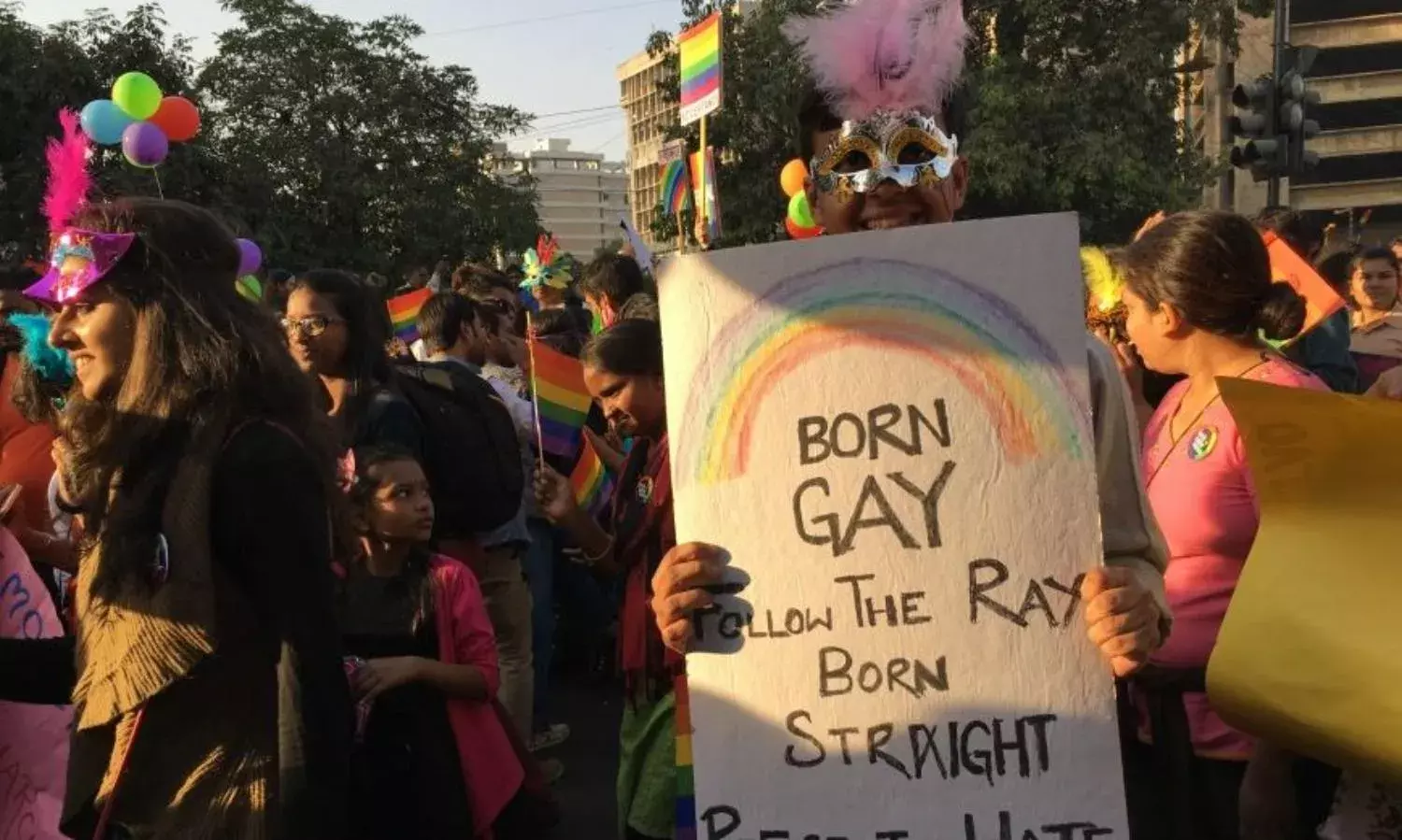SC Yes, But Is Our Society Ready to Decriminalise Homosexuality?
LGBTQs want to live life on their own terms, without fear

NEW DELHI: Finally, homosexuality has been decriminalised in law, in a judgment we were all waiting for. It could be said that the landmark decision upholds the personal liberty of the so-called ‘third gender’. But the battle is not yet over. The law no longer recognises same-sex love as a crime, but what about our immediate surroundings?
Let’s not forget that the common man in general still finds it awkward to see two men holding each other’s hands in public, and feels shy discussing it.
There has also been a problem with the terminology used, the ‘third gender’ or the LGBTQ community. Such categorisation is problematic in itself, as it imparts a sense of exclusion and otherness. We need accept same-sex relationships as just another variation in mankind, and the animal kingdom.
The other day I wanted to discuss Section 377 with someone who replied, ‘Let’s not discuss it.’ Are we ready to do away with such awkwardness? Or the phenomenon of ‘coming out’ – such phrases convey abnormality, as though confessing to a sin.
If your child comes and tells you he or she is homosexual, at first you will definitely not accept it.
When we say it goes against nature, we forget that it is a biological phenomenon and a gift of nature itself. And as far as procreation is concerned, the option of adopting a child is always there.
Ali Ahmed Faraz, a 30-year-old who works for Google and identifies himself as part of the LGBTQ community says, “It is not a magic lamp, people will not accept it immediately. But it definitely gives a hope that decriminalising homosexual relationships might pave the way for attitudinal change.”
He adds that we can now live without fear and lead a life on our own terms.
Reena Rai, who founded the event-management firm Suhani Dreamcatchers, has been organising Miss Transqueen India, a beauty pageant for trans women, for some years now. She says, “Earlier the contestants were a bit afraid to participate in the pageant but now I feel they will be more open to participating, and that too without fear.”
“Society’s perception of transgenders is limited only to transwomen but no one talks about transmen,” adds Rai.
Gautam Yadav, project officer at the Hamsafar Trust, which has long fought for LGBTQ rights, said, “People in remote areas are not even aware of what homosexuality is. We need to reach them and make them understand it so as to gain acceptance among the public at large.”
Indeed we can proudly say that decriminalising homosexuality is great step towards making a progressive India, but a lot still needs to be done at the societal level so that homosexual couples can freely live their lives.
(Tavanpal Singh has done a Masters in convergent journalism at the Jamia Millia Islamia).


